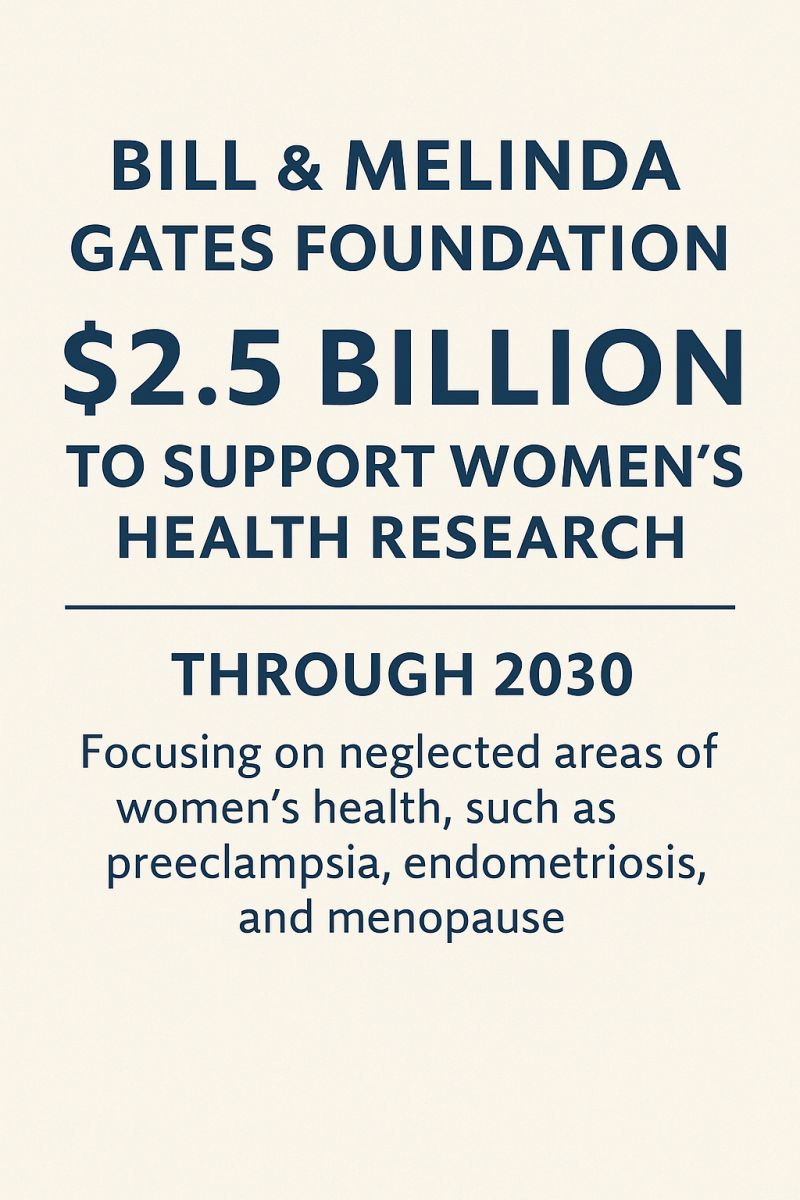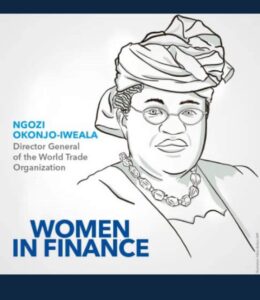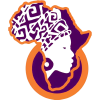Bill & Melinda Gates Foundation has announced a historic $2.5 billion investment in women’s health research and development (R&D), to be rolled out between now and 2030. The initiative targets low- and middle-income countries, where women’s health issues are too often underfunded, under-researched, and overlooked.
For decades, critical women’s health conditions have remained in the shadows. Issues like endometriosis, heavy menstrual bleeding, preeclampsia, menopause, and gestational diabetes, which affect hundreds of millions of women globally, receive only a fraction of research funding.
A McKinsey & Company analysis in 2021 revealed that just 1% of healthcare R&D is allocated to female-specific conditions (outside of oncology). This underinvestment has left women vulnerable, particularly in low-income regions where access to healthcare is already limited. The Gates Foundation hopes its new commitment will shift that narrative.
The Focus Areas
The Foundation plans to advance over 40 health innovations across five major categories with the greatest potential to save lives and improve well-being:
- Maternal health
- Immunization and obstetrics
- Gynecological and menstrual health
- Sexually transmitted infections (STIs)
- Contraceptive innovation and maternal nutrition
Bill & Melinda Gates Foundation says these areas were chosen because of their immediate impact potential, particularly for women in vulnerable communities.
President of the Foundation’s Gender Equality Division Anita Zaidi, stressed the urgency of the investment.
“For too long, women’s health has been neglected. Too many conditions are misunderstood, misdiagnosed, or dismissed altogether. This commitment represents a new era of women-centered research, where women’s bodies and voices are finally prioritized.”
While calling the $2.5 billion pledge the largest investment in women’s health ever made by the Foundation, Zaidi emphasized that it is still not enough. She urged governments, private investors, and philanthropists to co-invest and collaborate, ensuring that breakthroughs in research translate into equitable access for all women.
Bill Gates, Co-Chair of the Foundation, echoed his concerns: “Women’s health is not just about women, it cuts across generations. Yet, despite some progress, women’s health continues to be ignored, underfunded, and sidelined. Too many women are still dying from preventable causes.”
Nigeria’s Maternal Health Crisis
The urgency of this investment is particularly visible in countries like Nigeria, where women face some of the harshest maternal health realities.
With a population of over 200 million, Nigeria records:
- The highest maternal mortality rate in sub-Saharan Africa
- Alarming under-five child mortality, especially in the northern regions
- Limited access to skilled birth attendants and modern health facilities
According to the African Women Development and Communication Network (2022), Nigeria still records 545 maternal deaths per 100,000 live births. The country’s contraceptive prevalence rate is only 13%, reflecting deep-rooted challenges in reproductive health access and awareness. Despite some improvements, the data underscores a sobering truth: maternal and reproductive health in Nigeria remains critically inadequate.
This investment could mark a turning point, ushering in a future where women’s health is not an afterthought but a global priority.
“This is the beginning, not the end. To truly transform women’s health, we need a movement that matches the scale of the challenge.”
Anita Zaidi
This $2.5 billion pledge represents a historic step toward correcting decades of systemic neglect in women’s healthcare. Yet, without sustained commitment and shared responsibility, the gains could be limited.
For women in Nigeria and beyond, the hope is that this investment will not only improve research but also deliver real, life-saving outcomes where they are most needed.








